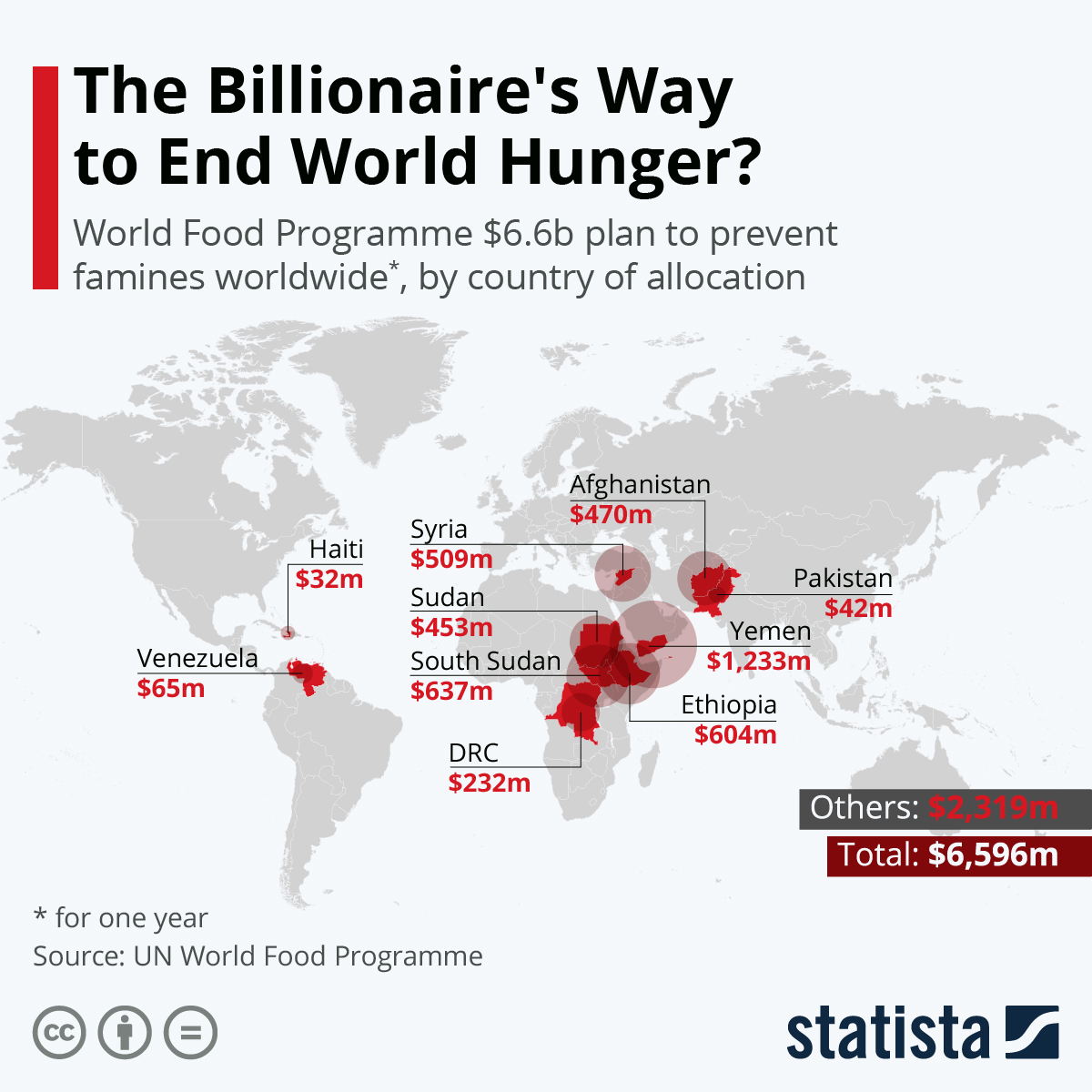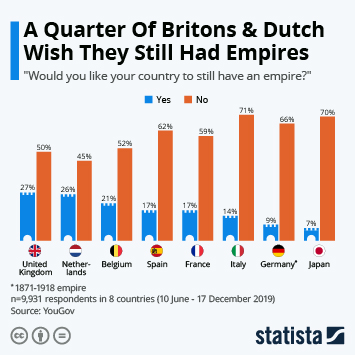As so often with Elon Musk, it all started with a tweet. David Beasley, director of the U.N.’s World Food Programme, tagged the newly minted world’s richest person on the social network in October, asking for $6.6 billion to alleviate a brewing worldwide hunger crisis. The Tesla CEO eventually piped in to the conversation online, saying that if the program could explain in detail how his donation would solve world hunger, he would give it.
Now the World Food Programme has done just that. As already detailed in Beasley’s original tweet, the $6.6 billion are meant to help 42 million people worldwide who are currently experiencing a food emergency or a food catastrophe, defined as situations where people have exhausted alternative means to alleviate their lack of money or food and situations where severe malnutrition and death are already happening, respectively. The country most affected by these dire situations is Yemen, where the WFP would be planning to spend around $1.2 billion of the donated money during one year. This is followed by South Sudan and Ethiopia, where the conflict in the Tigray regions is depriving inhabitants of food. Out of the 42 million people that would benefit, almost 12 million are located in East Africa, followed by around 9.5 million in Southern Africa and around 6 million each in the Middle East/Northern Africa as well as in South-East and Central Asia.
It is not quite clear if Musk and Beasley are on the same page about the scope of the proposed problem solving, however. While Musk spoke of a way to “solve world hunger” in his tweet, Beasley had originally asked the billionaire to help save 42 million people from starvation. In an interview with CNN, the WFP director detailed why he was asking for this one-time donation now. While it wouldn’t solve world hunger once and for all, according to Beasley, the COVID-19 pandemic, conflicts and global warming consequences had created a perfect storm of food scarcity, putting the WFP up against an unsolvable challenge.
Beasley also said that he was addressing billionaires because national governments had “tapped out” of the conversation. He added that the $6.6 billion was way below the net worth increase billionaires in general and individuals like Musk or Amazon founder Jeff Bezos had experienced during the coronavirus pandemic. A world waiting to hear back from Musk will soon find out if this was another tweet he regretted sending.





















